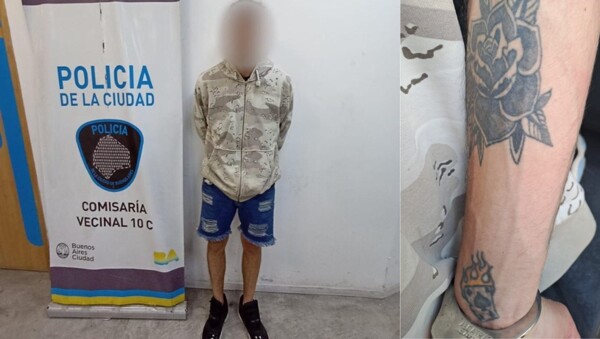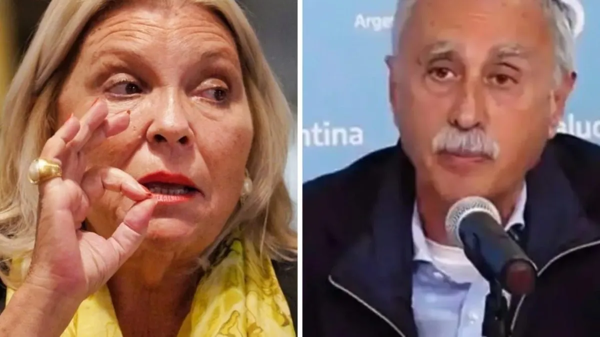Buenos Aires, November 8, 2025 – The General Tax Directorate (DGI) has been thrust into a new scandal following the publication of official documents from Miami-Dade County. These documents show Andrés Edgardo Vázquez, head of the DGI, paying property taxes for three condos in Florida between 2014 and 2018 with electronic checks in his name. These properties were not declared in his sworn statements to the Anticorruption Office (OA).
According to these records, part of the companies linked to this property remain active, and during some periods, the taxes were paid directly by Vázquez with e-checks identified by his full name. The units are located in the Icon Brickell and Chateau Beach Residences buildings and are collectively valued at over two million dollars.
In his last known asset declaration, Vázquez reported accounts in the United States for minor amounts and assets in Argentina, but he did not declare the properties in Miami or the related corporate structure.
On a judicial level, the case was initially handled by Federal Judge Daniel Rafecas and Prosecutor Carlos Rívolo; it was later transferred to the court of Marcelo Martínez de Giorgi, with the intervention of Prosecutor Guillermo Marijuán, in coordination with the Administrative Investigations Prosecutor's Office (PIA) and the Prosecutor's Office for Economic Crime and Money Laundering (Procelac).
The hypotheses under analysis include malicious omission, tax evasion, and money laundering, while requests are being sent to the United States and offshore jurisdictions to verify the ultimate beneficial ownership and the flow of funds.
This case is particularly sensitive due to the position Vázquez has held since October 2024, when he was appointed to head the DGI with the mandate to combat tax evasion and strengthen revenue collection.
Vázquez's personal and professional history adds facets that make this story resemble a 'movie.' Vázquez maintained for years ties with the Secretariat of Intelligence (SIDE) and with Antonio Stiuso 'investigating' businessmen and drug traffickers.
The non-compliance can lead to administrative and criminal penalties. This network of relationships fuels suspicions about possible circuits of privileged information and protection, now under scrutiny.
Politically, the case is already having an impact: it erodes the image of the tax authority and places the Executive Branch before the dilemma of supporting the official or promoting a change to relieve public pressure while the investigation advances.
For the revenue agency, the challenge is twofold: to preserve credibility with taxpayers and to ensure the process moves forward with full institutional cooperation and without interference.
In terms of transparency, the Public Ethics Law—effective since 1999—requires officials to declare all their assets, those of their spouse, and corporate participations, both inside and outside the country.
Vázquez's political defense within the Government alternated between moments of support and silence. Official spokespeople, at other times, sought to downplay the seriousness by pointing to closed cases or inconclusive evidence; however, the new tax documentation has reactivated the file and opened a chapter that tensions the 'zero tolerance' discourse against evasion.
This duo is said to have rekindled the collaboration through third parties in the current SIDE. According to these records, the scheme has been in place for over a decade with offshore firms: at the top, British Virgin Islands companies—Panchy Ventures Limited and Galanthus Capital Limited—controlled vehicles in Panama—Alcorta Corp and Pompeya Group Corp—through which the apartments were acquired and managed.
The outcome will depend on cross-referencing records in Miami-Dade, tracing the payments, and determining the ultimate beneficiary of the companies.
The journalistic investigation that revived the case was published by Hugo Alconada Mon, who verified the trail of payments in Vázquez's name and reconstructed the corporate structure used to administer the properties.













